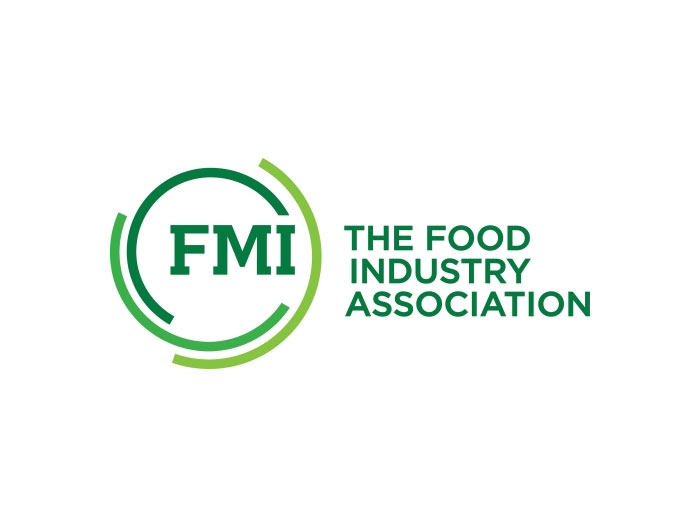FMI Statement on Misconceptions about Food Price Inflation and Industry Practices
August 19, 2024 | 2 min to read
In response to proposed federal bans on price gouging, FMI President and CEO Leslie G. Sarasin highlighted that inflation has affected various consumer goods, but food prices have seen a year-over-year increase of only 1.1%. She emphasized that the food industry's profit margins are narrow, and ongoing challenges like rising labor costs and supply chain issues contribute to price pressures. Sarasin insisted it’s crucial to distinguish between illegal price gouging and inflation, urging that discussions remain data-driven and grounded in reality.

Arlington, VA – FMI – The Food Industry Association President and CEO Leslie G. Sarasin issued the following statement regarding reports about policy proposals that would create a federal ban on “price gouging:”
“Inflation has caused the price of many consumer goods – from gasoline to apparel – to increase. But 2024 Consumer Price Index (CPI) numbers reveal that the pace of year-over-year inflation continues to moderate, and food prices actually represent a bright spot in the data. In fact, yesterday’s July CPI placed year-over-year food-at-home inflation at 1.1%, which remains below the 2.9% increase in overall inflation.
“Food retailers’ profit margins are, and always have been, extremely tight – just 1.6% last year. The entire food industry works tirelessly – amidst fierce competition – to address inflation and keep prices as low as possible to meet the needs of shoppers. However, the food industry continues to face significant economic headwinds – including increases in labor costs, volatile energy prices, an uptick in climate change-related severe weather events, supply chain challenges, and an unprecedented level of regulatory burden – that increase the costs to produce food and get it to store shelves.
“It is both inaccurate and irresponsible to conflate an illegal activity like price gouging – a defined legal term in which specific violations of trade practices law occur − with inflation, which is a broad, macroeconomic measure of increases in consumer prices over time due to supply chain cost pressures. In the context of food, inflation impacts how far the dollar goes when buying groceries.
“Americans should feel confident that the food industry has zero tolerance for deceptive practices like price gouging, an illegal activity that has no place in our stores and is inconsistent with the way the food industry conducts its business of feeding American families.
“When discussing food prices, it is imperative that our conversations remain grounded in reality and data, rather than rhetoric.”
About FMI
As the food industry association, FMI works with and on behalf of the entire industry to advance a safer, healthier and more efficient consumer food supply chain. FMI brings together a wide range of members across the value chain — from retailers that sell to consumers, to producers that supply food and other products, as well as the wide variety of companies providing critical services — to amplify the collective work of the industry. www.FMI.org
